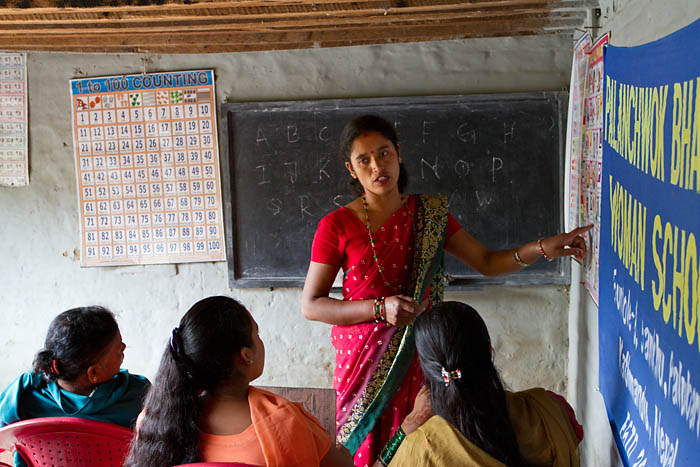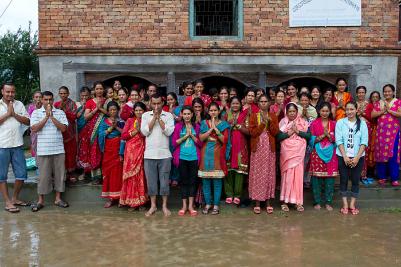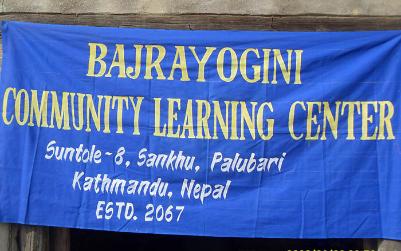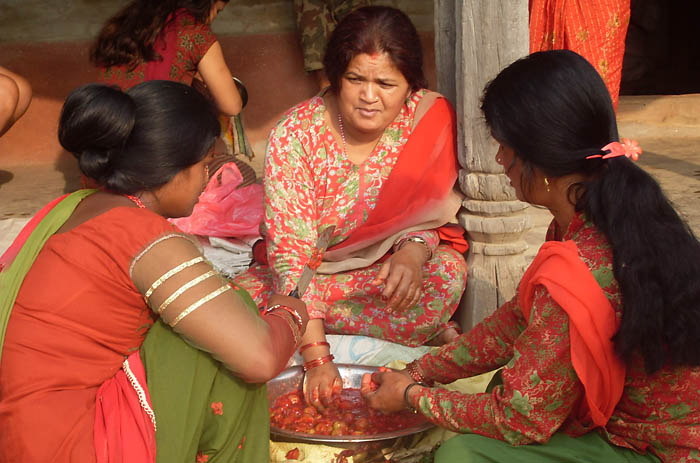2009 Palanchok Bhagawati women’s school opened.
The school is registered under the government act for those who were deprived from education in their childhood. Because women have to look after their family and work in the fields, classes are run at times to suit their schedules.
It took several months to convince women and get their husbands permission to attend classes but today 60 students regularly attend literacy and numeracy classes.
Three teachers teach regularly (6 classes by week / 2 hours by class).



